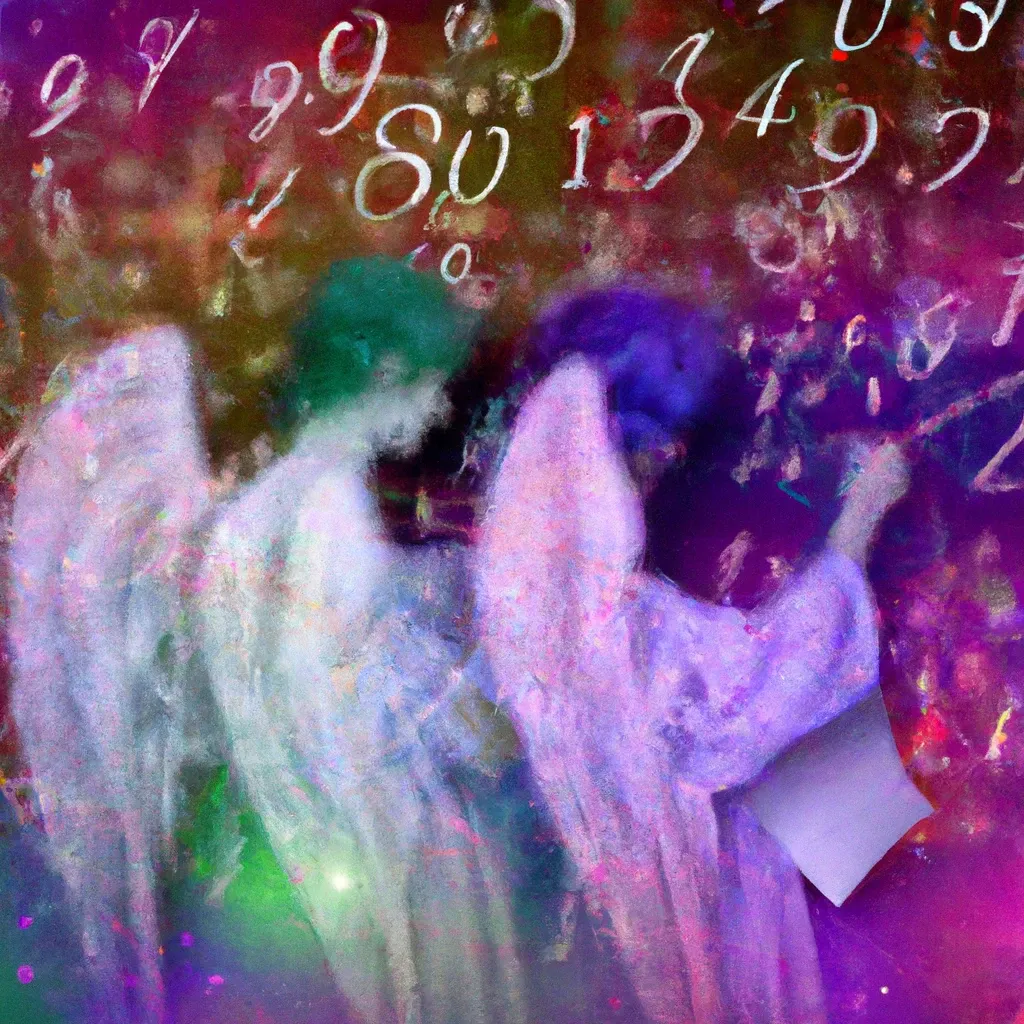The Nature of Angels

Introduction
In every culture and religion throughout history, there has been a belief in celestial beings known as angels. These ethereal entities have captured the imagination and wonder of humanity, inspiring countless stories, artworks, and spiritual teachings. In this chapter, we will explore the nature of angels, their diverse forms, and their role as messengers and mediators between the heavenly and earthly realms.
The Origins of Angels
The concept of angels traces its roots back to ancient civilizations. In Mesopotamia, the Sumerians revered the "Anunnaki," a group of deities who were intermediaries between gods and humans. In ancient Egypt, the "Benu" bird represented the essence of the soul and the eternal nature of divinity. The term "angel" itself derives from the Greek word "angelos," meaning messenger.
Forms and Characteristics
Angels are often depicted as radiant beings of light, exuding a sense of awe and beauty. However, their forms can vary depending on cultural and religious beliefs. Some traditions describe angels as winged figures, while others envision them as human-like beings without wings. Angels are commonly depicted as genderless, although they may appear in masculine or feminine forms to convey specific qualities or messages.
Angelic Hierarchy
Within the angelic realm, a hierarchical structure exists, dividing angels into various orders and ranks. The hierarchy differs among different belief systems, but some common orders include Seraphim, Cherubim, Thrones, Dominions, Virtues, Powers, Principalities, Archangels, and Angels. Each order is believed to have specific responsibilities and areas of expertise.
Messengers and Mediators
Angels serve as messengers between the divine and human realms, carrying celestial wisdom and guidance to those in need. They act as intermediaries, facilitating communication and connection between heaven and earth. Angels are often associated with delivering divine revelations, prophetic messages, and spiritual insights to individuals, offering comfort, support, and direction.
Angelic Presence Worldwide
The belief in angels is not limited to a specific culture or religion. Various faith traditions, including Christianity, Judaism, Islam, Buddhism, and Hinduism, acknowledge the existence of angels in their respective scriptures and teachings. While their names and attributes may differ, the essence of angels as benevolent, spiritual beings remains consistent across diverse belief systems.
The Universal Message
Regardless of cultural or religious background, angels convey a universal message of love, compassion, and guidance. They remind us of our interconnectedness and the inherent goodness within each being. Angels inspire us to cultivate virtues such as kindness, forgiveness, and selflessness, serving as beacons of hope and sources of divine inspiration.